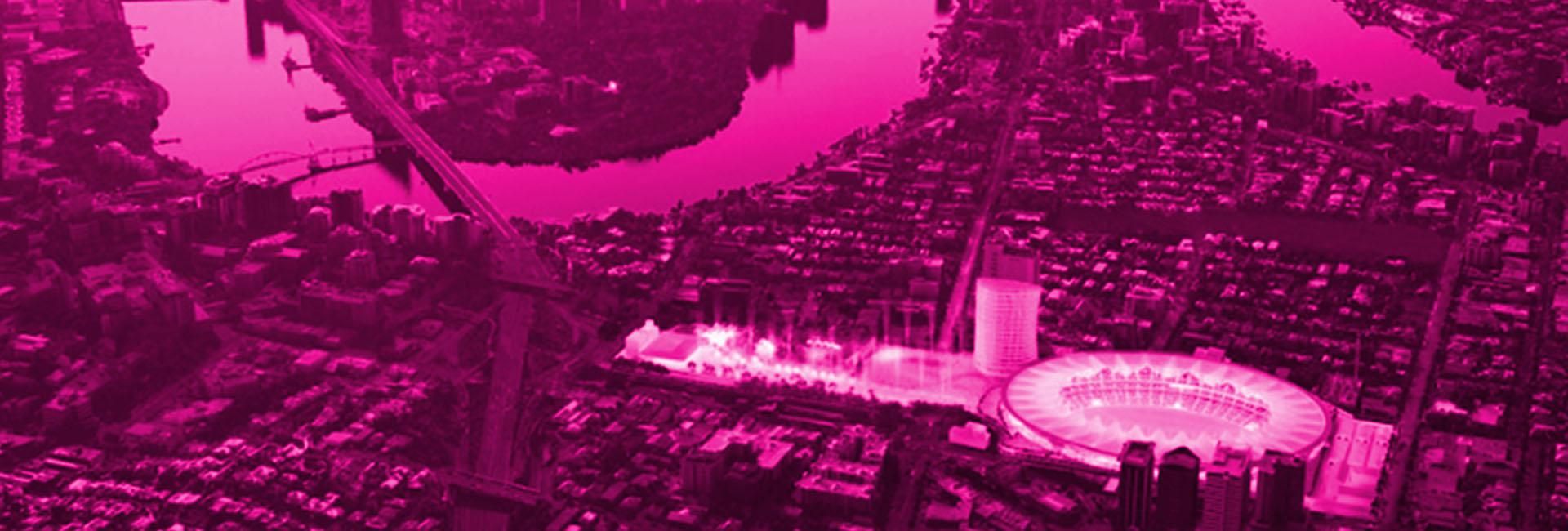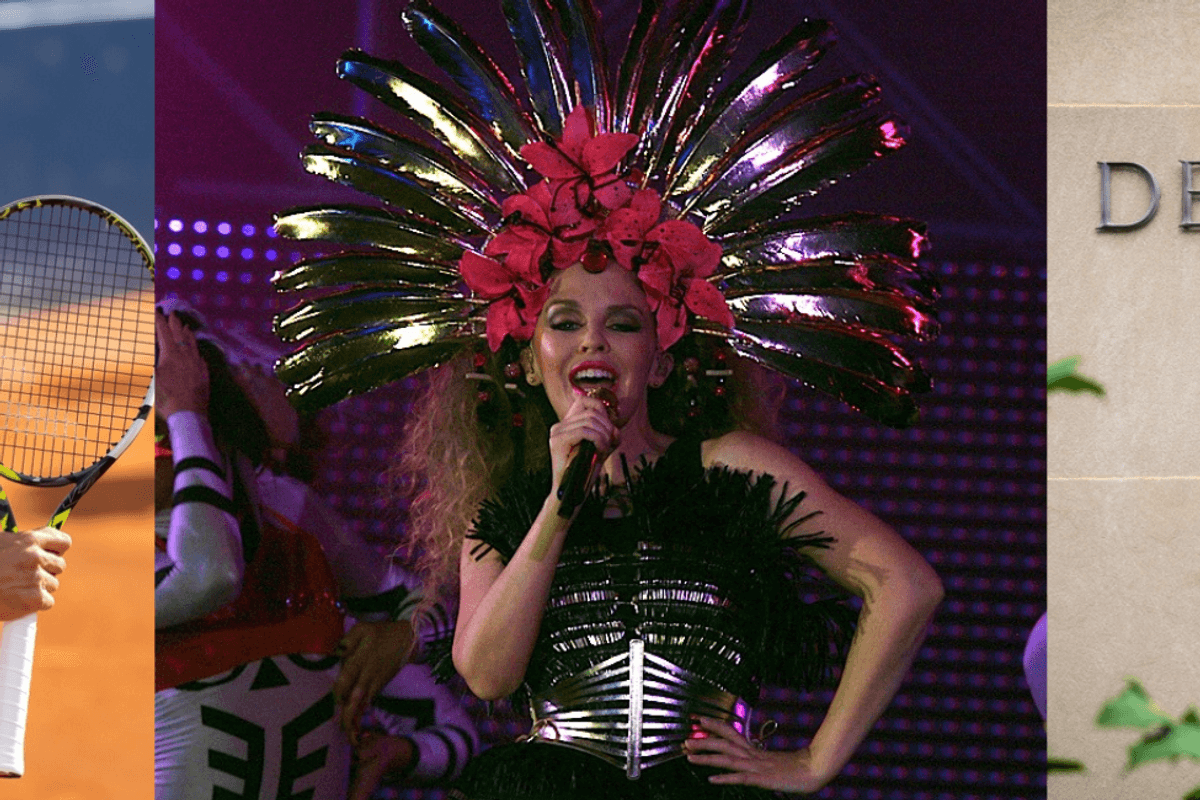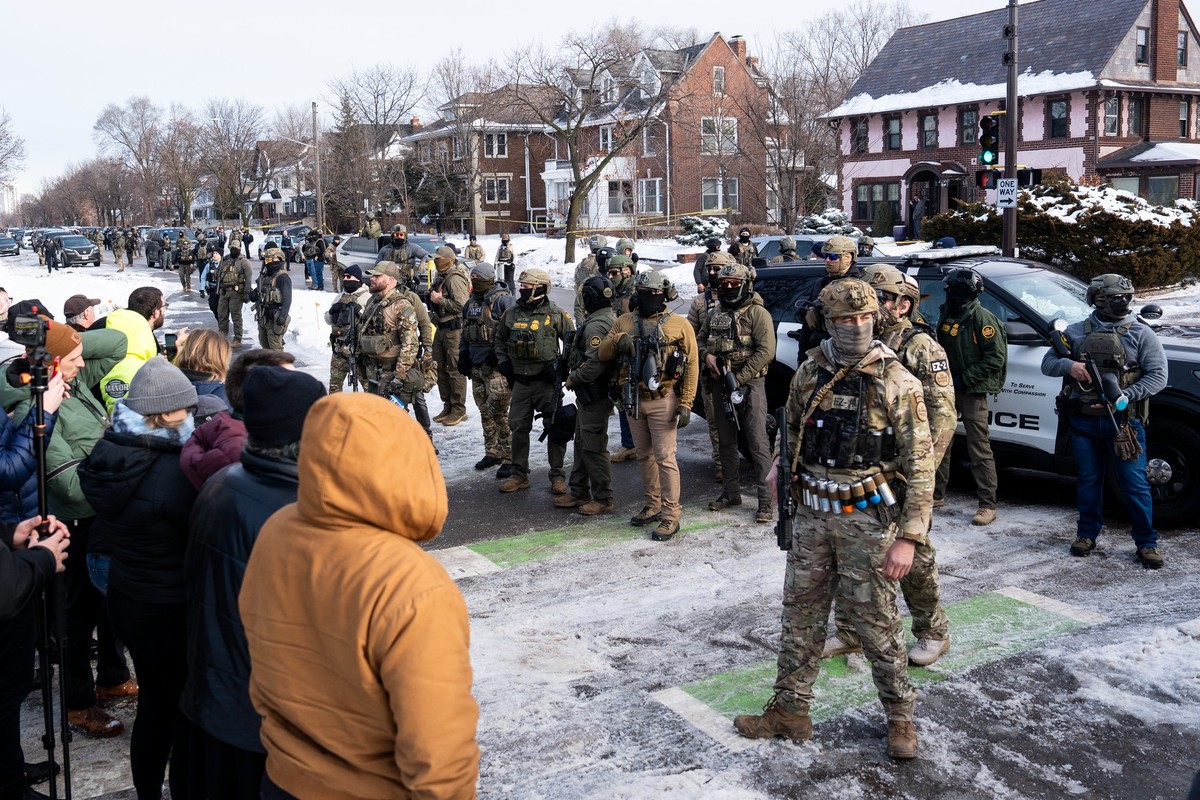It's official. At 6.30pm AEST, Brisbane was announced in Tokyo as the host city for the 2032 Olympic Games, getting the final stamp of approval from the International Olympic Committee (IOC) for its new affordable and decentralised model for hosting the mega event.
The model aims to reduce the high budgets, crippling debts and abandoned infrastructure that many past host cities have endured.
"When you bring in an event like the Olympic Games, it's like building a city within a city and Brisbane is a city in Australia that's on the cusp of moving to the next level," said veteran Australian sports journalist, Tracey Holmes.
"[Brisbane] is the fastest-growing [city] in terms of the number of people that are moving there. That means that they need to improve a lot of their infrastructure. That ties in well with hosting a major event because governments get approval from the population more quickly when they know there's an endpoint in sight," said Holmes. "I think Australia has a pretty good reputation for organising big sporting events and that is recognised internationally."
Neil Fergus, head of security for the Australian Olympic Committee agrees. "I think this is going to be transformational for South-east Queensland. Absolutely transformational."
The Brisbane's Olympic model will be following "The New Norm", a set of reforms put in place by the IOC in 2018 to reduce the economic and social risks of being a host city.
Unlike previous Olympic Games, the Brisbane Olympics will not rely on the building of new infrastructure, instead, they will fast track plans and improve on current infrastructure. The games will also be decentralised, taking place not only in Brisbane but across South-east Queensland; and will potentially include three Olympic villages.
'I think this is going to be transformational for South-east Queensland. Absolutely transformational.'
"The objective of the IOC is not to give the games to a city that is going to spend $25 billion just building everything, which then adds to the argument that the IOC or the Olympics are too big and too expensive," said Fergus. "Most of the venues are already there because we're using the Sunshine Coast, the Gold Coast and other locations."
The Queensland Government estimates the cost of the Brisbane Olympics will be $4.5 billion, compared to the estimated $33 billion spent on Tokyo 2020.
What's in it for small business?
Research on the impact of the 2018 Gold Coast Commonwealth Games showed the confined precincts of its large sporting events offered little economic benefit to small and medium businesses (SMEs) in the vicinity.
Dr Joan Carlini, a marketing academic at Griffith University, Gold Coast, headed a research committee on SMEs for the 2018 games and found the economic impact was negative. "They expected that it would be two weeks of hustle and bustle and high yields, high sales and a really exciting time where they could probably cash in. But on the contrary, they found that the streets were empty."
She predicts, given the greater size of the Olympic Games, the potential economic impact on small businesses could be far more devastating. "If you put up barriers and you put people into events, of course, businesses that are nearby are not going to be able to prosper, because they don't have people walking past."
Carlini's research identified the narrow geographical footprint of the 2018 games as a factor in the lack of financial benefits for SMEs. With that in mind, Brisbane's organisers have expanded the geographical footprint for the 2032 Games to include Toowoomba, the Gold Coast and the Sunshine Coast.
"It might have the potential to be quite good for businesses," Carlini said. "But it just comes down to the planning and implementation."
Billion-dollar upgrades
Queensland made an "economic recovery commitment" which includes the fast-tracking of $400 million in road network improvements and $23 billion in transport and road upgrades in line with their Olympic bid.
As part of the upgrades of existing facilities, Brisbane's cricket ground, The Gabba, will be rebuilt, creating an opportunity to link it into a new cross-river rail metro system; there are also plans to improve transport links with regional Queensland.
"The Gabba needs to be rebuilt whether there is an Olympics or not… It just makes sense, irrespective of the Olympics, for all of that precinct to be rebuilt," said Fergus. "I think that [Brisbane hosting the games] will be extraordinarily positive. I think it's a really smart proposal. It doesn't involve building a huge 'white elephant' venue.
"It has happened in the past, you know, a massive Olympic stadium that falls into disrepair and doesn't get maintained, let alone used.
"[In Athens 2004] everything had to be built, and not all of it was built properly or in a coherent way in terms of legacy and sustainability. I don't think we're going to have any of those issues in the Brisbane games."
The Brisbane 2032 Olympic and Paralympic Games Summary Report predicts that "the economic and social benefits of hosting the 2032 Games outweigh the disbenefits."
Despite the modest Games budget, they are notorious for blowing out. Perhaps with this in mind, Olympic sprinter Jessica Thornton, who will compete in the 4 x 400m relay, questions the benefits to the nation of the Brisbane 2032 bid.
"I think maybe creating a host nation so far out in advance maybe isn't the right option," said Thornton. "And yes, we may have the money and the room for it now but, we're in 2021, so in 11 years' time who knows what we're going to have?"
Read more of Newsworthy's Tokyo 2020 series focussing on the challenges – physical, psychological, financial and social – athletes must overcome to compete with the best of the best.
Nerissa is studying a Bachelor of Arts/Media (Communications & Journalism) at UNSW. She is particularly interested in politics, international relations and music.






